Windows 11 leaks in full after early build shows up online
Surface-level changes including a macOS-like user interface with rounded corners and a default light skin


Microsoft’s Windows 11 operating system has leaked online in full just days before developers were set to showcase its new look and key features in a reveal event.
Screenshots of the in-development successor to Windows 10 show that the biggest aesthetic features include a centralised Start menu and taskbar, rounded corners for all windows and menus, as well as a light skin activated by default.
Images were first leaked to the Chinese site Baidu, although a fully operational version of Windows 11 has since emerged online, according to The Verge.
The user interface (UI) is altogether more reminiscent of macOS than classic Windows deployments, although activating a dark skin and shifting the Start menu to the left of the taskbar does make it resemble Windows 10.
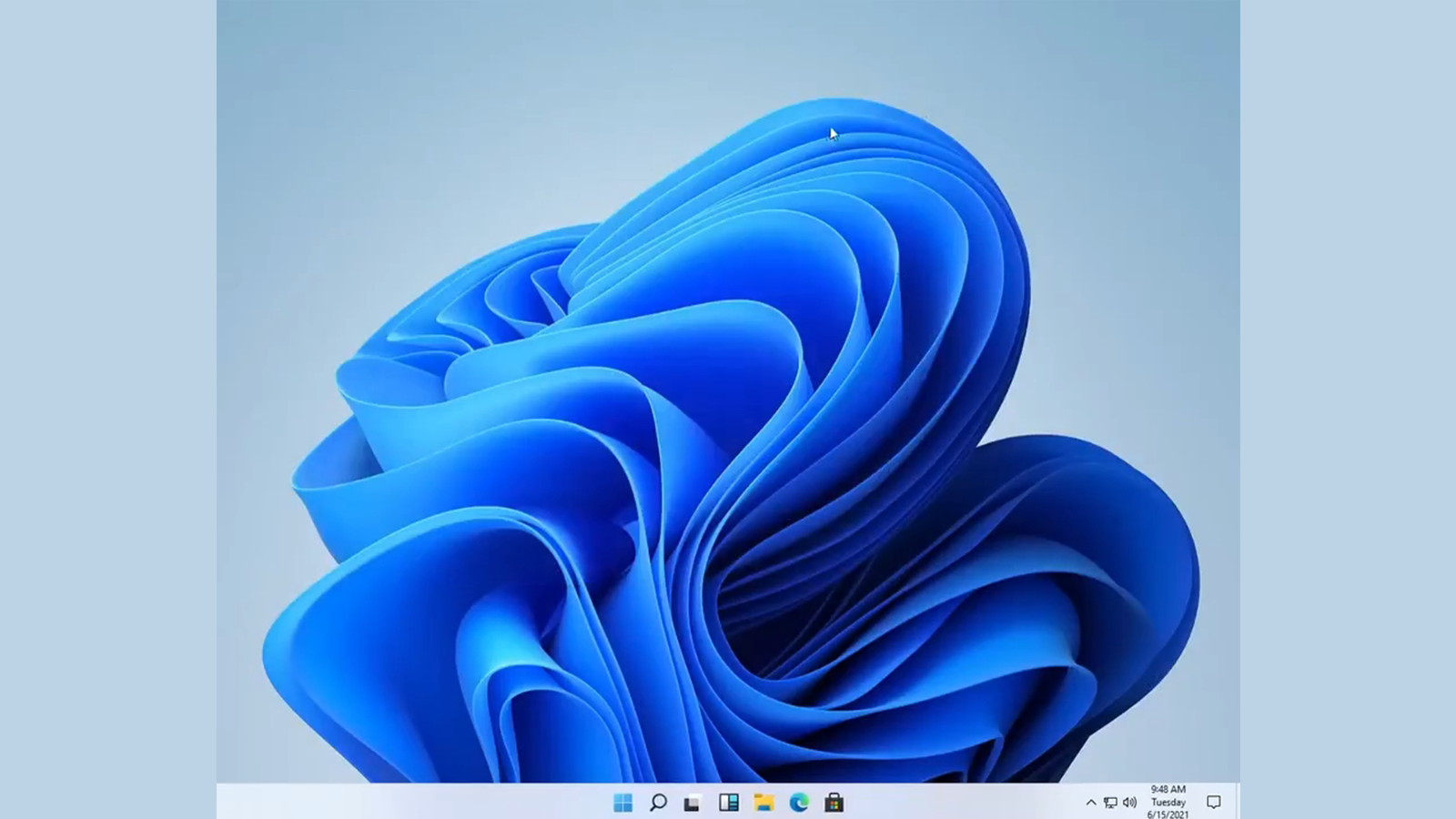
It’s also very similar in the layout of the UI for Microsoft’s Windows 10X, first developed for dual-screen devices but since abandoned and integrated instead into the broader Windows development cycle. The latest major Windows 10 update, for example, borrowed heavily on elements first devised to be included in Windows 10X.
The Start menu included in this beta version of Windows 11 represents perhaps the most significant UI change against Windows 10. There’s a tiled layout to the apps in the menu, with a section for pinned and recommended services, alongside a prompt to view all apps.
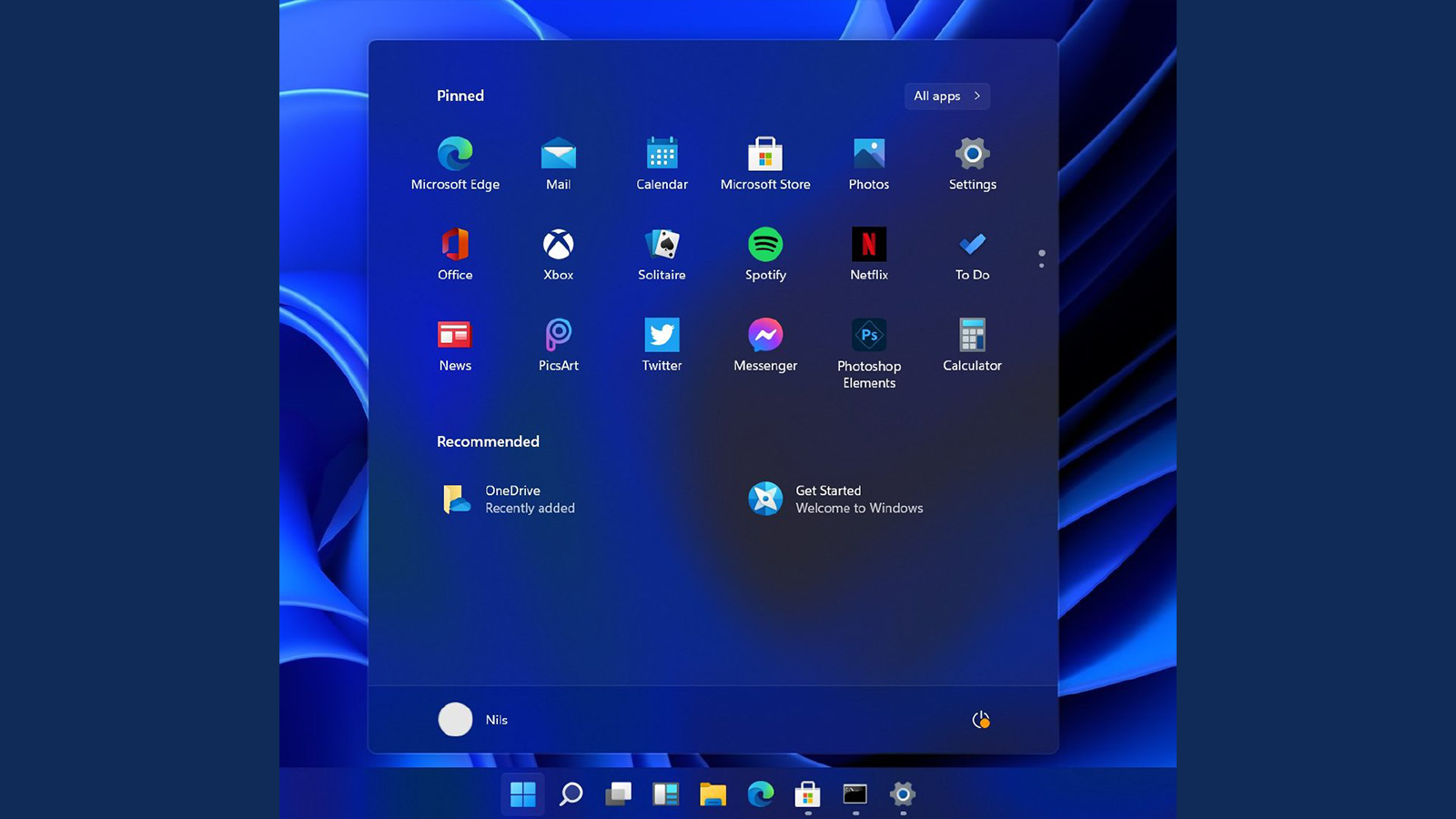
Much of the leaked version remains completely unchanged, however, barring updated icons and the fact that windows are in keeping with the rounded edges aesthetic. The task menu as well as contextual menus and the file explorer all look much like they do in Windows 10, though it’s unclear whether these will change with the finished version.
Sign up today and you will receive a free copy of our Future Focus 2025 report - the leading guidance on AI, cybersecurity and other IT challenges as per 700+ senior executives
Another significant addition is that of a Widgets button in the taskbar, which suggests the return of a widgets system that was included with Windows Vista and Windows 7. A screenshot shows a menu that slides out with tiles that show different pieces of information such as the weather, football scores, and news headlines.
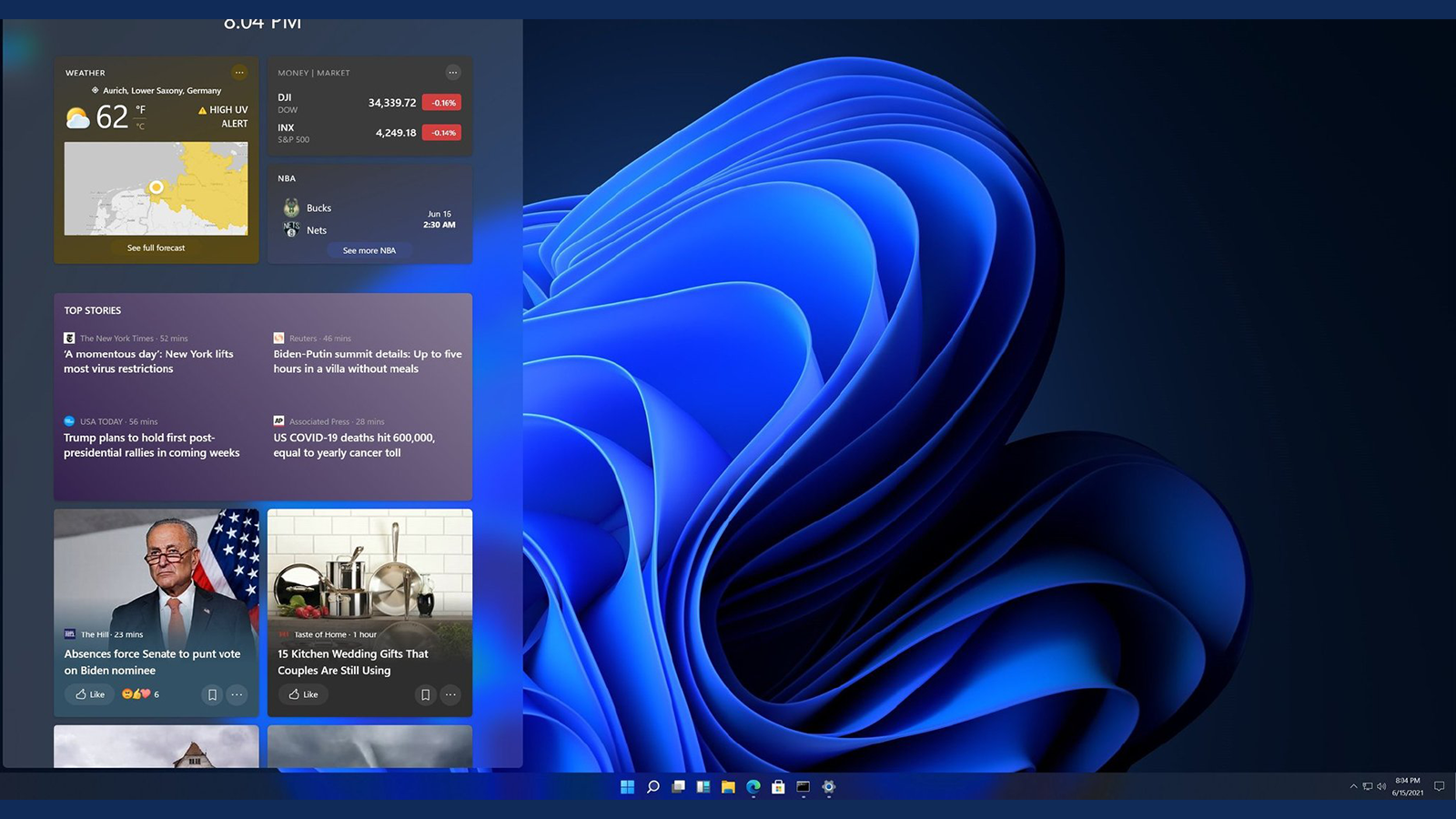
Users can also snap windows far more effectively and micromanage the layout by clicking the maximise button in the top right corner. They can, at present, choose which half, or quadrant, of the screen in which to place their window.
Microsoft has strongly hinted at the existence of a successor to Windows 10 for some months, teasing various details about a Sun Valley build that promises to improve users’ workflow, according to Windows Central.
The firm is due to discuss the build and detail its features for the first time on 24 June. Microsoft CEO Satya Nadella described this as “one of the most significant updates to Windows of the past decade”, and argued that it will unlock greater economic opportunity for developers and creators.
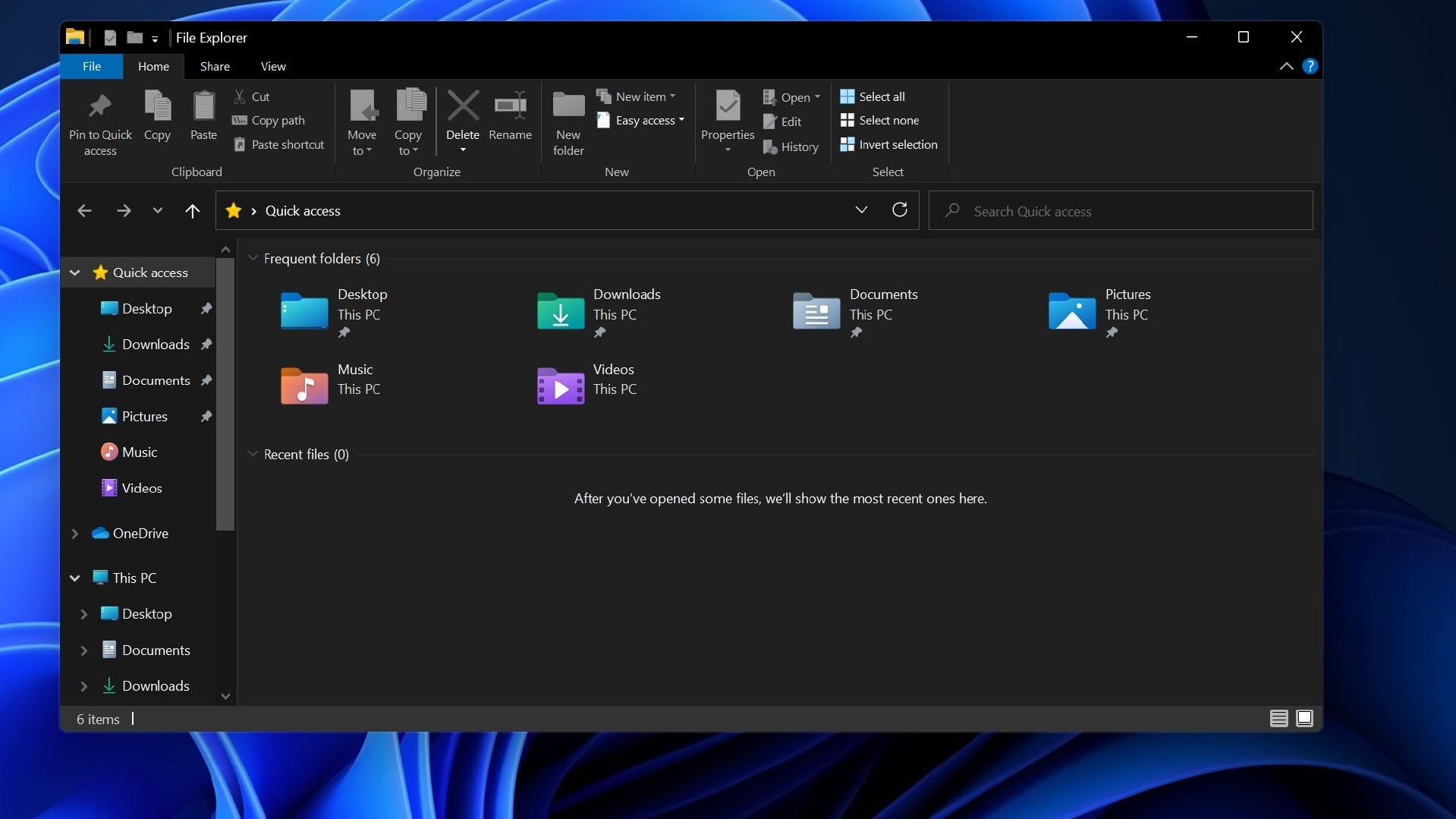
“I’ve been self-hosting it over the past several months, and I’m incredibly excited about the next generation of Windows,” he said during his keynote at the Microsoft Build 2021 event.
“Our promise to you is this: we will create more opportunity for every Windows developer today and welcome every creator who is looking for the most innovative, new, open platform to build and distribute and monetise applications.”
Microsoft has also announced in recent days that it plans to retire Windows 10 by 2025, again signalling that Windows 11 is on its way very soon.
IT Pro approached Microsoft for confirmation the leaks are genuine, and whether it’s considering taking any action.

Keumars Afifi-Sabet is a writer and editor that specialises in public sector, cyber security, and cloud computing. He first joined ITPro as a staff writer in April 2018 and eventually became its Features Editor. Although a regular contributor to other tech sites in the past, these days you will find Keumars on LiveScience, where he runs its Technology section.
-
 I couldn’t escape the iPhone 17 Pro this year – and it’s about time we redefined business phones
I couldn’t escape the iPhone 17 Pro this year – and it’s about time we redefined business phonesOpinion ITPro is back on smartphone reviews, as they grow more and more intertwined with our work-life balance
-
 When everything connects, everything’s at risk
When everything connects, everything’s at riskIndustry Insights Growing IoT complexity demands dynamic, automated security for visibility, compliance, and resilience
-
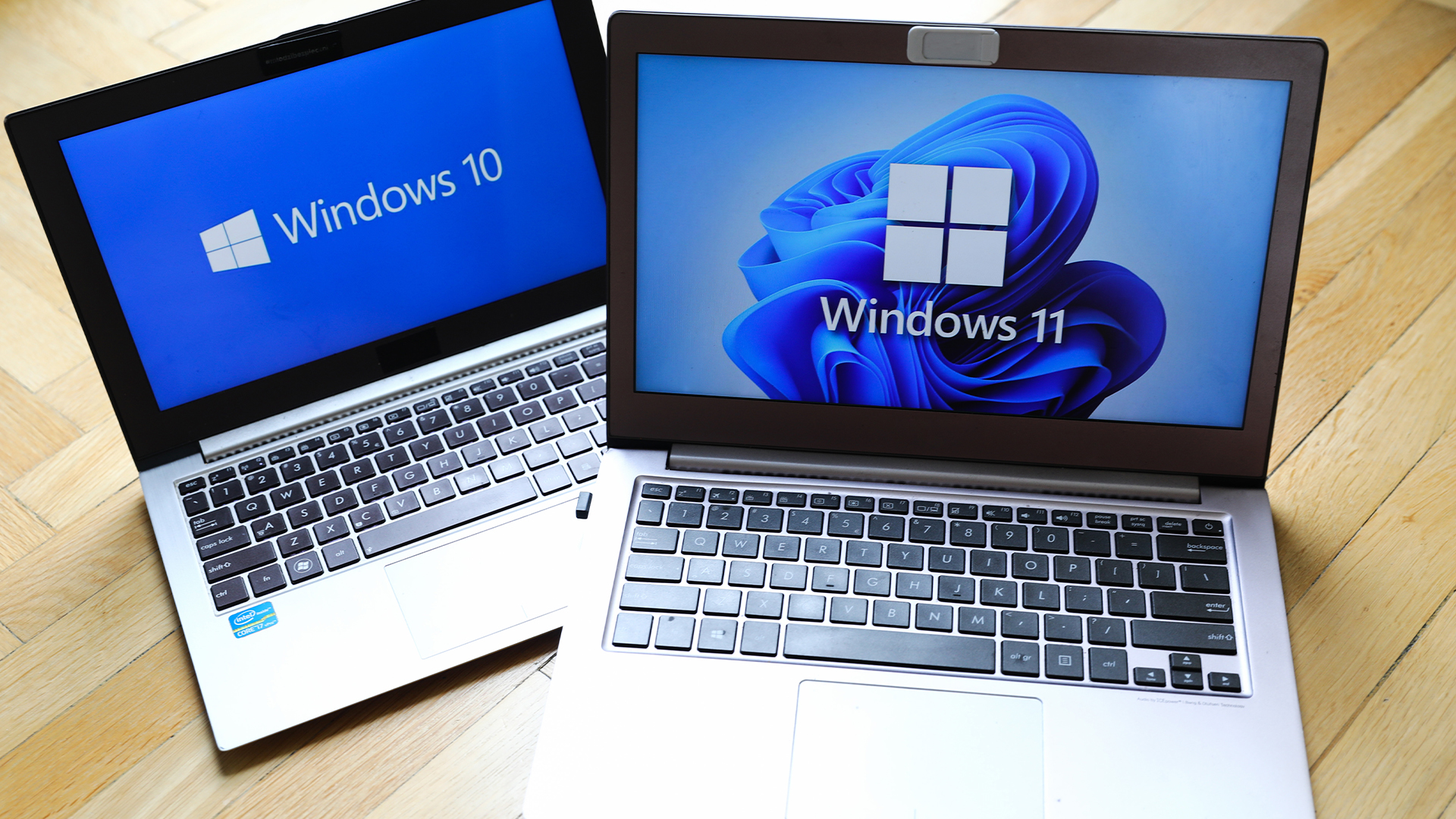 Windows 10 extended support costs could top $7 billion
Windows 10 extended support costs could top $7 billionNews Enterprises sticking with Windows 10 after the October deadline face huge costs
-
 Tiny11 review: Windows 11 with only 2GB of RAM
Tiny11 review: Windows 11 with only 2GB of RAMReview A version of Windows 11 for older machines that don't meet the full requirements
-
 Red Hat Enterprise Linux becomes foundational operating system for Cohesity Data Cloud
Red Hat Enterprise Linux becomes foundational operating system for Cohesity Data CloudNews New strategic partnership between Red Hat and Cohesity aims to drive innovation in the data security and management space
-
 Ubuntu shifts to four-week update cycle
Ubuntu shifts to four-week update cycleNews Critical fixes will also come every two weeks, mitigating the issues involved with releasing prompt patches on the old three-week cadence
-
 AlmaLinux follows Oracle in ditching RHEL compatibility
AlmaLinux follows Oracle in ditching RHEL compatibilityNews Application binary compatibility is now the aim with 1:1 now dropped
-
 How big is the Windows 10 cliff-edge?
How big is the Windows 10 cliff-edge?ITPro Network With some comparing the upcoming Windows 10 end of life to Windows XP, we ask members of the ITPro Network for their insight
-
 Everything you need to know about the latest Windows 11 updates - from bug fixes to brand-new features
Everything you need to know about the latest Windows 11 updates - from bug fixes to brand-new featuresNews Two new cumulative updates are on the way and will be installed automatically on Windows 10 and Windows 11 machines
-
 How to download a Windows 11 ISO file and perform a clean install
How to download a Windows 11 ISO file and perform a clean installTutorial Use a Windows 11 ISO to install the operating system afresh